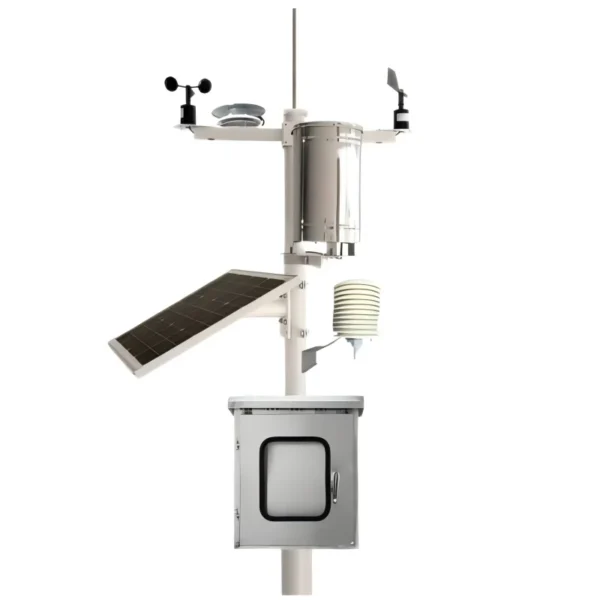What is a Pyranometer?
A pyranometer is a scientific instrument designed to measure solar radiation flux density (W/m²) from a hemispherical field of view. It plays a crucial role in meteorology, climatology, solar energy systems, and agricultural studies.
How a Pyranometer is Used to Measure Solar Radiation
Using a thermopile sensor, a pyranometer detects both direct and diffuse solar radiation. The sensor generates a voltage proportional to the solar irradiance, which is then converted into measurable data. Proper calibration and horizontal mounting are essential for accurate readings.
Key Applications and Industries
Pyranometers are widely used in weather monitoring, photovoltaic system efficiency testing, and climate research. They help optimize solar panel placement and contribute to renewable energy studies.
Frequently Asked Questions
What does a pyranometer measure?
It measures global solar radiation, including direct sun rays and scattered sky radiation.
How is it calibrated?
Calibration is typically done against a standard reference under clear sky conditions.
To explore technical specifications and industry use cases, a pyranometer is used to measure solar energy accurately across various applications.
Ready to enhance your solar data accuracy? Discover precision instruments and expert resources to optimize your measurements today.
